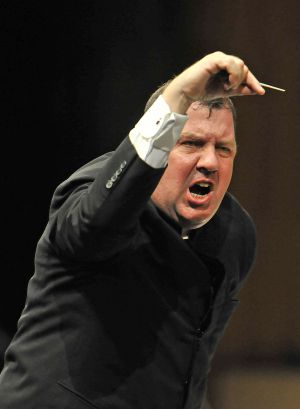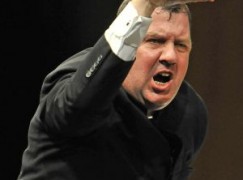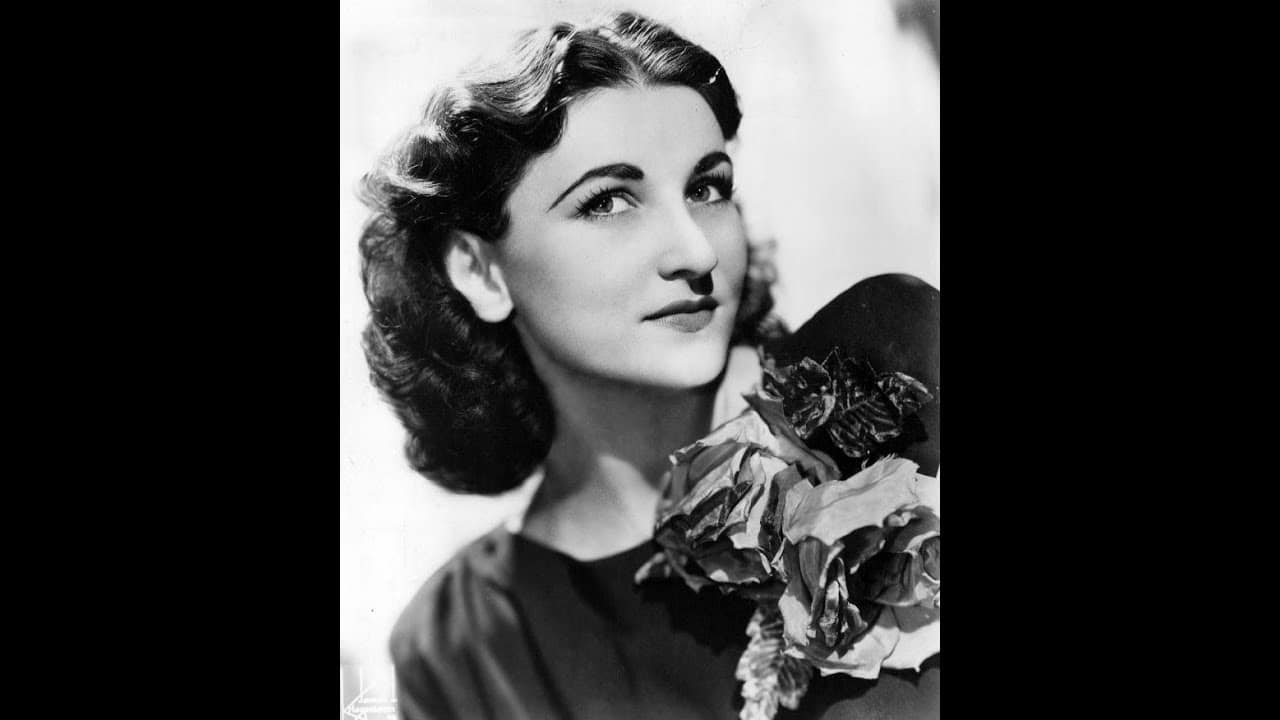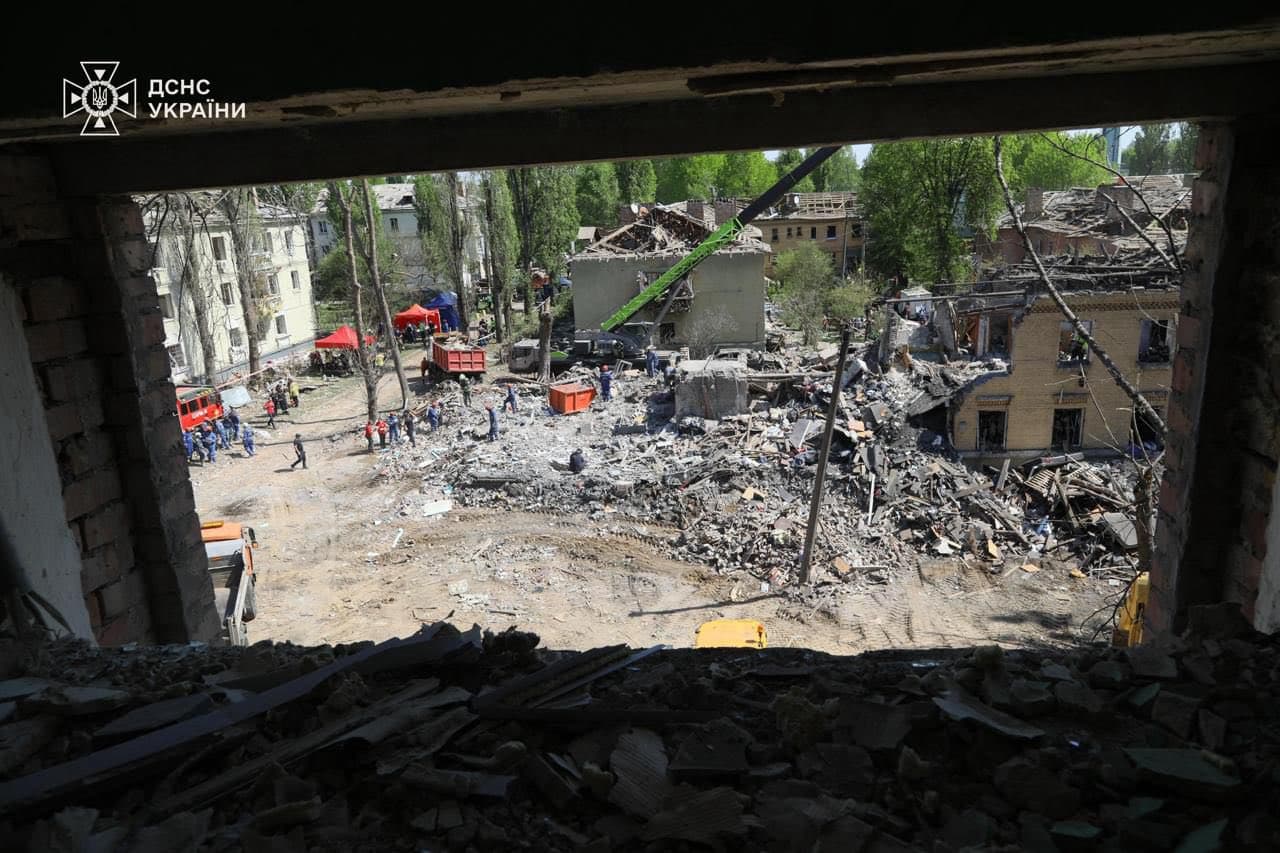Ivor Bolton: How we’re keeping Madrid’s opera house open
mainA frontline post, exclusive to Slipped Disc, from Ivor Bolton, chief conductor of Sinfonieorchester Basel and music director of Teatro Real Madrid:
After the first, stringent lockdown, my first concert was a Mozart programme with choir and soloists at the Salzburg Festival. Salzburg was the only major international Music festival to go ahead this last summer and did so thanks to the strong determination of its management ( In particular its Praesidentin, Helga Rabl-Stadler) and the support of the Austrian Government who consider high culture to be an existential part of any civilized society. In the end around 200 events went ahead over a period of one month, somewhat less than the originally planned 900 or so but this in itself was a miraculous outcome. This was achieved by a rigorous regime of constant CoVid testing of all artists, choirs and orchestras being carefully socially distanced (the former singing behind perspex screens).
My concert was a pure Mozart programme including the ‘Vesperae solenne del confessor and the Waisenhause Messe’. The Mozarteum Orchester Salzburg (my former orchestra) Salzburg Bach Choir and an international team of soloists performed this televised concert.
I had arrived in Salzburg by car form my home in Barcelona, having felt uncomfortable and crowded on my only previous flights in CoVid times. Social distancing seemed not to be seen as essential by either airlines or airline authorities, and even masks seen as optional by some reckless passengers! I then drove on to Basel, my musical ‘home’ and then followed six weeks of intense satisfying work with our wonderful Sinfonieorchester Basel. Including recording of works by Benjamin Britten, several weeks of major concerts celebrating the reopening of Basel’s spectacularly renovated Stadt Casino. Four world premieres, a live ARTE TV streamed concert and a Live-CD of Dvorak’s New World Symphony, Beethoven, Strauss and Satie followed.
I was struck by the discipline of our orchestra in social distancing and indeed the orchestra’s safety concept in general. I enjoyed the freedom and relaxed atmosphere in Switzerland in general and was mildly surprised at the almost total absence of masks in public spaces. The relatively recent spike in the number of positive CoVid cases had yet to happen.
Then followed a two and a half day drive to Madrid where I am also the Music Director of the National Opera company, Teatro Real.
Spain, one of the countries worst affected initially by the Covid outbreak, having one of the most cautious and disciplined populations in public spaces, yet has the only international opera company in the world still presenting fully staged opera. It has done this to publics ranging (at different times from 50%-75% capacity. At present, in order to make our public feel safe in terms of distancing, we sell only 65% of seats, i.e. just over 1000 tickets per performance. How has this been possible?
First of all, a very determined management, who refused to ‘shut up shop’. Our President (Gregorio Marañon), Managing Director (Ignacio Garcia Berenguer) and Opera Director Joan Matabosch lobbied intensely and worked tirelessly. And they have triumphantly demonstrated that classical music is not, nor needs to be, a transmitter of this dangerous virus, when intelligently presented.
The Spanish National Government and above all the Government of Madrid have supported us in this. Our safety concept for Teatro Real, including twice weekly testing of all performers, temperature testing of performers and audience and well-controlled entry/exit corridors for the public has cost over one million euros so far, and thankfully some of this cost has been met by the Government. We have just finished 10 performances (and a TV recorded DVD to follow, of Christof Loy’s brilliant new production of Dvorak’s masterwork ’Rusalka’. Seven weeks of intensive rehearsals and two weeks of performances have had their dramas! All 80 people involved in the actual production (soloists, directorial team, conductor, assistants and musical team, dressers, make-up artists, stage-management and technical staff) were tested for CoVid twice weekly.
In addition an orchestra of c 70 people, chorus of 30 were tested weekly. Masks were worn at all times by all people except for the solo singers, and even then these could only be removed in the performing area. Of the several thousand (expensive!) CoVid tests made over these nine weeks there were only a handful of positive tests. All except one were solo singers, I.e. the only people in the building not wearing masks 100% of the time. The people who tested positive were immediately quarantined for two weeks minimum and only returned to our production when they delivered a negative test.
One might say this is not a statistically significant sample but for me this is a convincing argument that we should all wear masks all the time in public spaces. Nobody enjoys to wear them, and maybe of course they don’t prevent all transmission but they probably do improve the situation and anything that does this, might reduce the need for blunt instrument lockdowns or draconian restrictions which have a great human cost in the destruction of economies and jobs, loneliness for isolated older people and psychological damage to vulnerable people.
In Madrid this whole process was emotionally exhausting but also exhilarating as we saw the joy that our performances gave to our public. Not only in Madrid but all over Europe we are in sore need of consolation and optimism in these difficult times.
At present we are in the late stages of rehearsals for Don Giovanni, which, if all continues to go well will run for fifteen performances. With a 65% capacity, this means that Claus Guth’s excellent production will be seen by over 15,000 people. I look now to Basel and see our orchestra and management exercising similar ingenuity. Franziskus Theurillat and Hans Hofmann replaces our planned performances of Haydn’s large scale oratorio ‘Die Schöpfung’, sadly cancelled because of CoVid restrictions, particularly with choir, with an ingenious programmes of 10 short concerts repeated twice over two days. This showed the virtuosity and versatility of our orchestra, which showed this Autumn it is not only a formidable orchestra but an orchestra full of brilliant soloists. The incredible positive reaction and happiness these concerts brought is by now very well documented.
However this joy is tempered by the fact that due to the authorities draconian restrictions on classical music only 15 (sic!) people were allowed to attend each concert. In certain cases this amounted to one percent of the hall’s total capacity. It is astonishing to me, and to many friends in many other countries, that classical music is subject to these brutal sanctions, when one can look in other areas life and see a total disregard for social distancing.
Our success in Madrid came about because of an alliance of everyone pulling together. Musicians, management and politicians. In Basel the first two elements are well in place. We now need our political leaders to help and support us and let us do our job for the people of Basel.
Classical musicians don’t expect special treatment, we just want equal treatment. In the words of the great Nikolaus Harnoncourt,’Art isn’t a pretty accessory, it is the umbilical cord that connects us to the divine. It ensures our humanity’.

Ivor Bolton Madrid-December 2000






Comments